

Economic Inequality Seen as Major Challenge Around the World
A median of 54% of adults across 36 nations say the gap between the rich and the poor is a very big problem in their country. Most believe that rich people having too much political influence contributes a great deal toward economic inequality.
Latest Publications
Most Popular
Politics & Policy

Voters Broadly Positive About How Elections Were Conducted, in Sharp Contrast to 2020
Trump voters’ skepticism about election administration and the counting of mail-in ballots declined sharply with their candidate’s win.
Features
Gender & LGBTQ

Views of DEI have become slightly more negative among U.S. workers
About half of workers (52%) now say focusing on increasing DEI at work is mainly a good thing, down from 56% in February 2023.

U.S. women are outpacing men in college completion, including in every major racial and ethnic group
Today, 47% of U.S. women ages 25 to 34 have a bachelor’s degree, compared with 37% of men.

Among unmarried adults, women without children have as much wealth as single men
In 2022, single women without children had a median wealth of $87,200, while the typical single man had $82,100.

How Americans See Men and Masculinity
Republican men stand out in views of their own masculinity, the impact of changing gender roles and men’s progress in recent decades.

12th grade girls and boys in the U.S. have different views about gender discrimination in the workplace
Many U.S. teens say women still face discrimination against gaining leadership positions and getting equal pay for equal work.
Economy & Work

Most Americans Feel Good About Their Job Security but Not Their Pay
U.S. workers feel their jobs are secure and few are seeking a job change. But only half are highly satisfied with their job overall.

Roughly half of Americans are knowledgeable about personal finances
Among U.S. adults who are knowledgeable about personal finances, 49% say they learned a great deal or a fair amount about personal finances from family and friends.

A look at the state of affordable housing in the U.S.
About seven-in-ten Americans (69%) say they are very concerned about the cost of housing.

Majority of Americans aren’t confident in the safety and reliability of cryptocurrency
A 63% majority of Americans have little or no confidence that cryptocurrencies are reliable and safe, but some groups are more wary than others.
Internet & Technology

America’s News Influencers
This study explores the makeup of the social media news influencer universe, including who they are, what content they create and who their audiences are.

A majority of U.S. TikTok users are there for product reviews and recommendations
A majority of U.S. adult TikTok users (62%) say a reason they use the site is to look at product reviews or recommendations.

Most Americans back cellphone bans during class, but fewer support all-day restrictions
Overall, 68% of U.S. adults say they support a ban on middle and high school students using cellphones during class.
Our Methods
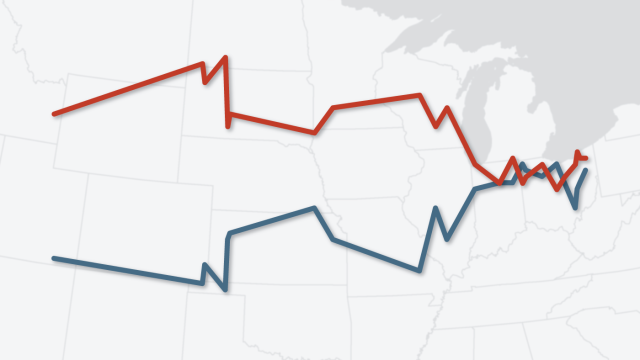
U.S. Surveys
Pew Research Center has deep roots in U.S. public opinion research. Launched as a project focused primarily on U.S. policy and politics in the early 1990s, the Center has grown over time to study a wide range of topics vital to explaining America to itself and to the world.
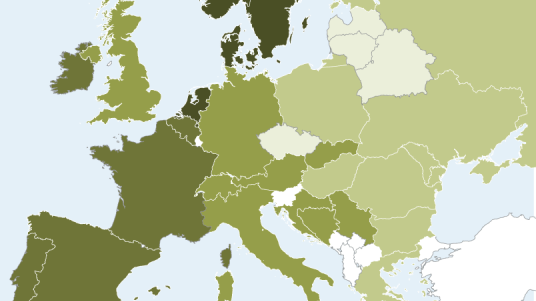
International Surveys
Pew Research Center regularly conducts public opinion surveys in countries outside the United States as part of its ongoing exploration of attitudes, values and behaviors around the globe.
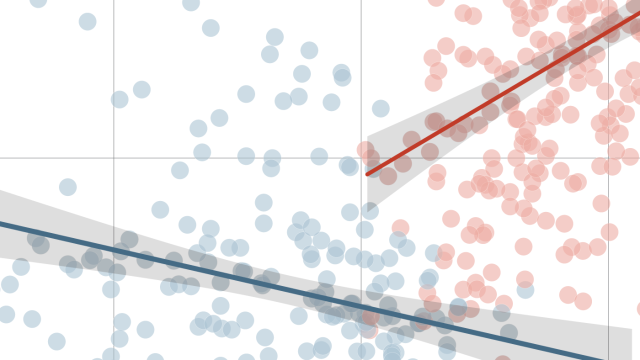
Data Science
Pew Research Center’s Data Labs uses computational methods to complement and expand on the Center’s existing research agenda.
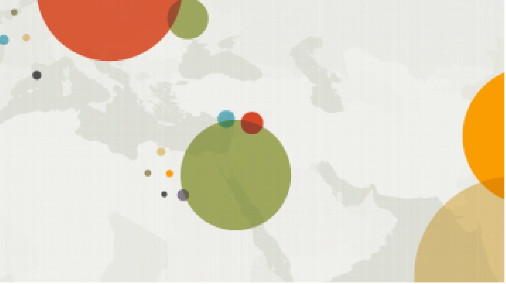
Demographic Research
Pew Research Center tracks social, demographic and economic trends, both domestically and internationally.

Decoded
Pew Research Center tracks social, demographic and economic trends, both domestically and internationally.
Our Experts
“A record 23 million Asian Americans trace their roots to more than 20 countries … and the U.S. Asian population is projected to reach 46 million by 2060.”
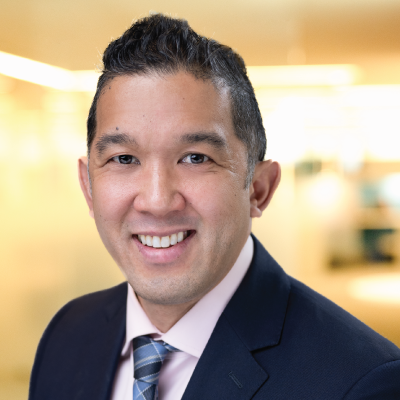
Neil G. Ruiz,
Head of New Research Initiatives
Methods 101 Videos

Methods 101: Random Sampling
The first video in Pew Research Center’s Methods 101 series helps explain random sampling – a concept that lies at the heart of all probability-based survey research – and why it’s important.
Signature Reports

America’s News Influencers
Race and LGBTQ Issues in K-12 Schools
Representative Democracy Remains a Popular Ideal, but People Around the World Are Critical of How It’s Working
Americans’ Dismal Views of the Nation’s Politics
Measuring Religion in China
Diverse Cultures and Shared Experiences Shape Asian American Identities
Editor’s Pick

Most Americans continue to say media scrutiny keeps politicians from doing things they shouldn’t
Many Americans perceive a rise in dangerous driving; 78% see cellphone distraction as major problem
60% of Americans say they probably won’t get an updated COVID-19 vaccine
What’s new with you? What Americans talk about with family and friends
Is College Worth It?
Broad Public Support for Legal Abortion Persists 2 Years After Dobbs
Immigration & Migration

Americans lean toward keeping legal immigration steady, see high-skilled workers as a priority
Trump and Harris Supporters Differ on Mass Deportations but Favor Border Security, High-Skilled Immigration
Most Americans say undocumented immigrants should be able to stay legally under certain conditions
Most U.S. voters say immigrants – no matter their legal status – mostly take jobs citizens don’t want
What the data says about immigrants in the U.S.
International Affairs

Before U.S. election, most Americans and Germans had a positive view of relations between their countries
Wide partisan divisions remain in Americans’ views of the war in Ukraine
Turks Lean Negative on Erdoğan, Give National Government Mixed Ratings
Slight uptick in Americans wanting U.S. to help diplomatically resolve Israel-Hamas war
7 facts about Germany’s AfD party
© 2025 Pew Research Center


















